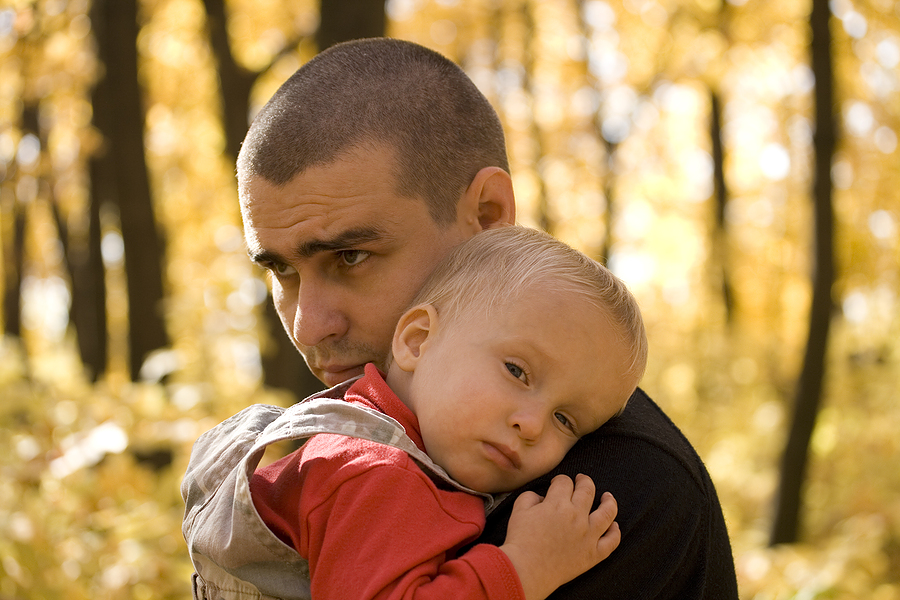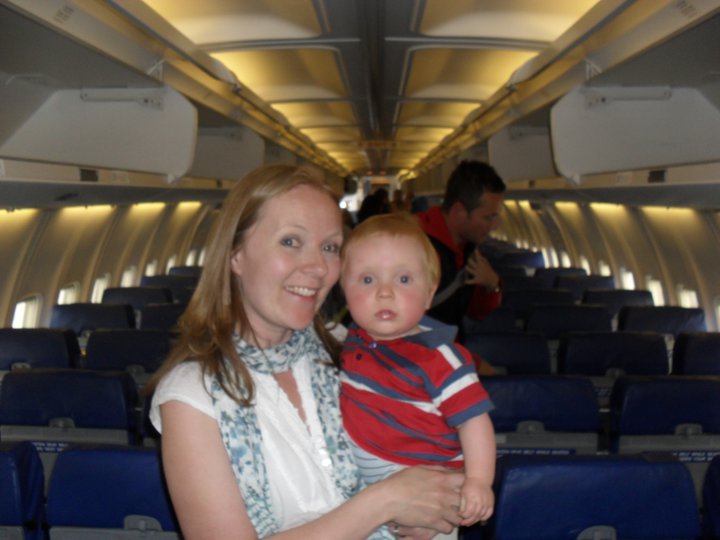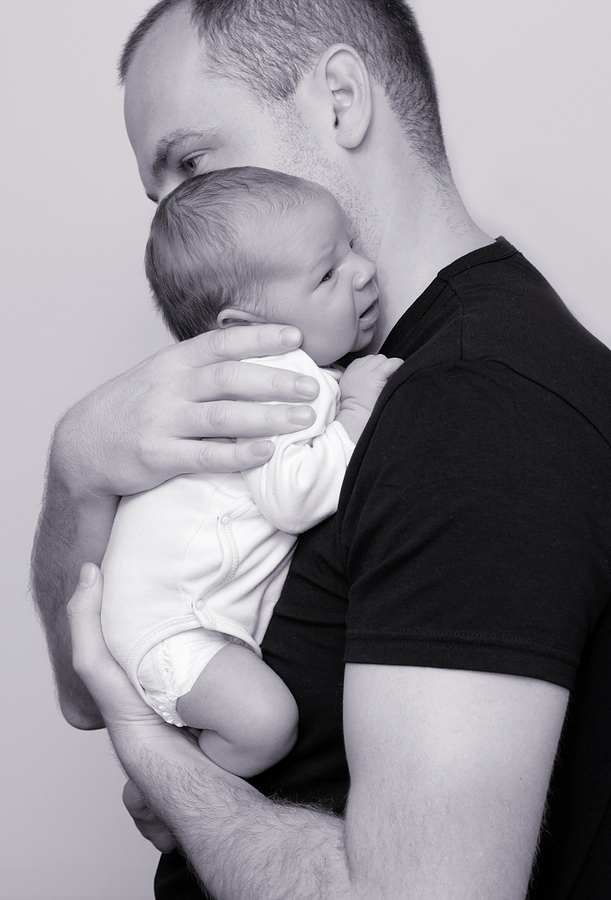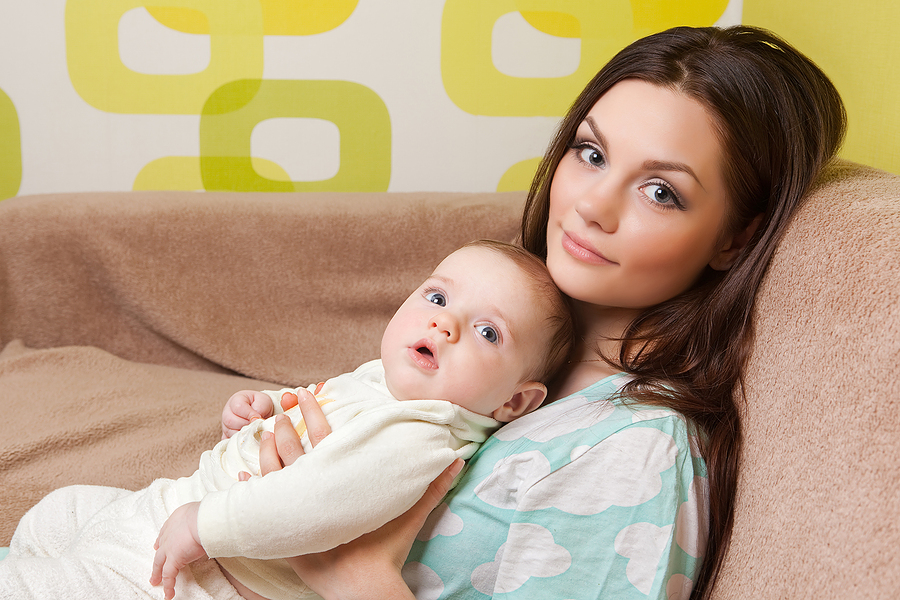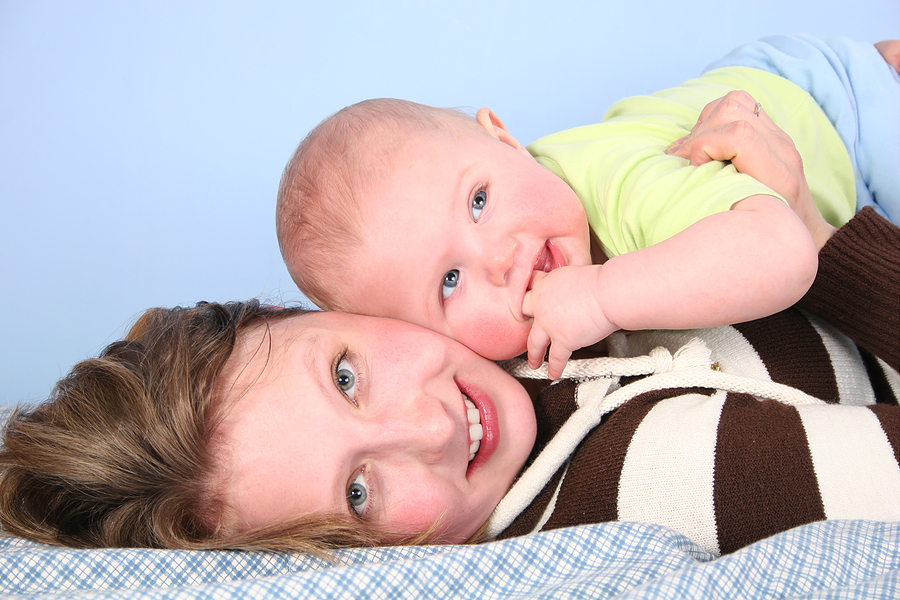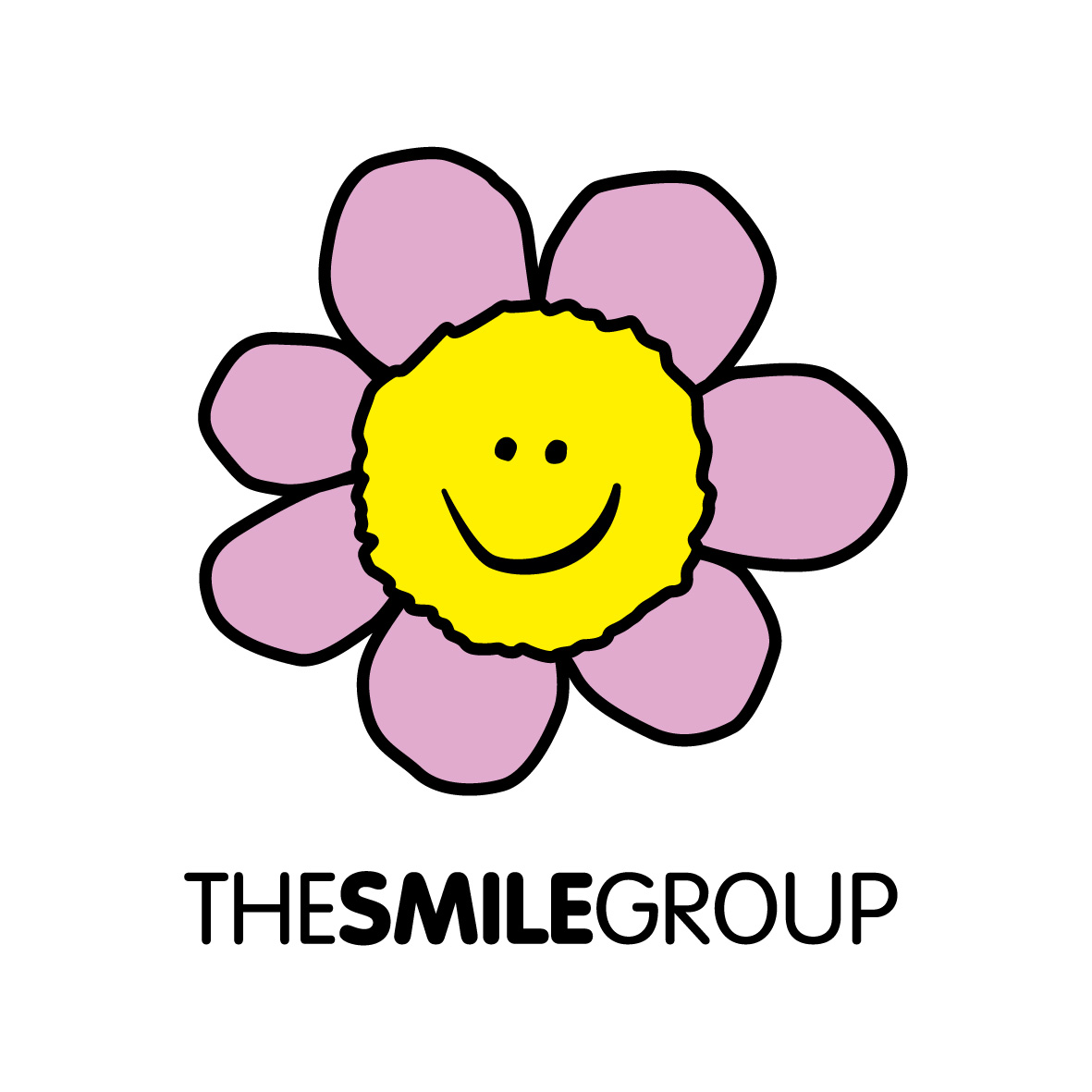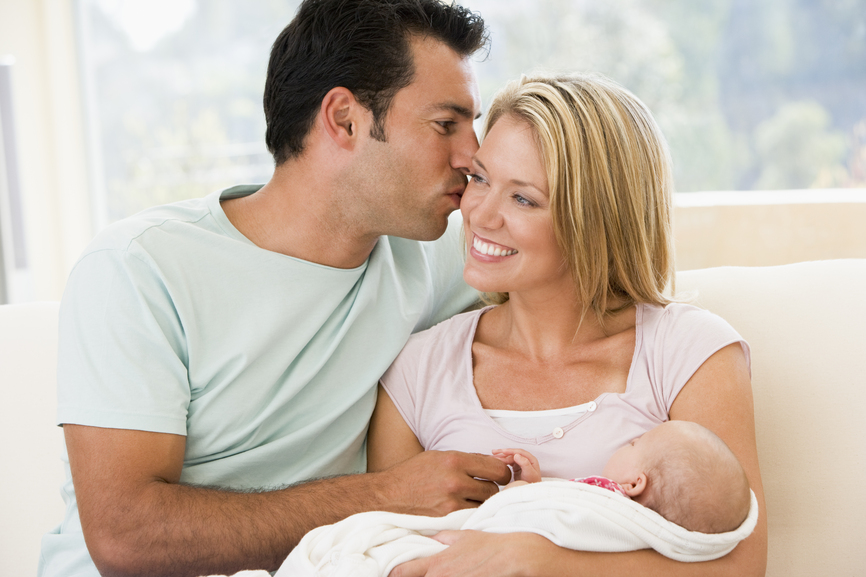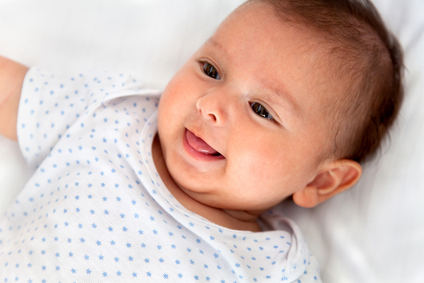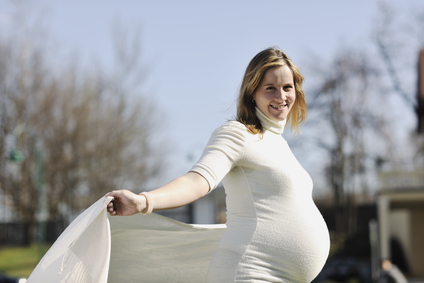
Postnatal Depression
Postnatal depression (PND) is a form of depression that effects new parents. While the condition commonly starts within the first four to eight weeks following birth, postnatal depression can occur weeks or even months after childbirth, and around 30% of women experiencing PND report symptom onset during pregnancy.
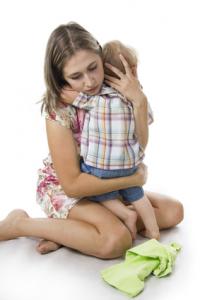
Postnatal depression affects between 10% and 15% of women and recently there have been many studies to suggest that men can be affected by the condition (please see these findings reported in further articles below).
Symptoms of postnatal depression
Symptoms of PND are very akin to depression that starts at other times, however there may be more of an emotional focus on your child, so symptoms of anxiety and guilt may centre around this relationship more than in other forms of depression. You may feel:
- Unhappy, sad, tearful
- Anxious (please see our anxiety guide)
- Irritability, stressed and snappy
- Loss of interest, enthusiasm, enjoyment
- Hopeless, black and bleak about the future
- Avoidance - not wanting to socialise or face day to day tasks and challenges
- Guilt and negativity - you may feel guilty and negative towards your relationship with your child
- You may have thoughts of self-harm or suicide
It is a physically and mentally challenging time, you experience many emotions with the addition of a new baby. Many women experience 'the baby blues' a few days after birth, these feelings of being overwhelmed and tearful usually subside by day 10.
While some physical tiredness, loss of interest in sex and changes in routine are quite common at this time, you may notice marked changes and physical symptoms that include:
- Appetite changes
- Tiredness, lethargy, loss of energy
- Sleeplessness (even when you have the opportunity)
- Loss of desire, sex drive
- Psychotic symptoms (hearing voices, delusions, hallucinations) this is rare, however please seek immediate help if you experience these.
Postpartum psychosis
Postpartum psychosis otherwise known as pueperal psychosis, is different to postnatal depression, it is a serious mental illness that affects about 0.1% of women and requires urgent medical attention. If you experience any symptoms of psychosis (hearing voices, delusions, hallucinations) seek help right away. The vast majority of Postpartum psychosis sufferers make a full recovery and the sooner help is sought the better the outlook for quick and lasting recovery.
Your relationship with your child
The relationship you have with your child may or may not be affected, you may feel guilt that you do not feel the way you are expected to towards your child. A reassuring thought is that real-life is not like the movies, when a baby is born not everyone sees roses and hearts immediately. We all love in different ways and we all bond differently, some women say they fell in love the instant their baby was born, however some people take longer to bond, love that takes time to come is no less of a love. However if you feel unable to meet your babies needs you must seek help.
It is very, very rare that a person suffering from postnatal depression will hurt their baby. It is common that all new parents (with or without PND) get frustrated, scared and overwhelmed, this can lead to many feeling they may 'snap' and hit or shake their child but the vast majority never do. If you feel like this you must talk to someone, the fear of having a child taken away stops many people from speaking out, however the fear of hurting your child could be a symptom of PND, a common phenomenon, and your healthcare provider will be able to work with you to help you get better. Believe it or not social services and healthcare providers want to keep families together and seek the solutions that will best help achieve this.
Treatment for postnatal depression
Mild cases of PND are often treated with support from a health visitor and/or lifestyle changes implemented such as exercise. More moderate to severe cases may require talking therapy and/or medication.
Your first port of call should be your health visitor or GP. If you need urgent attention, if you think you may harm yourself or are unable to look after your child you must call your GP urgently, call your local mental health service, go to, or call your local A&E.
Below you will find more information, news and guides that are related to postnatal depression, you may also find our depression and anxiety sections of this site useful.
Related Guides

















